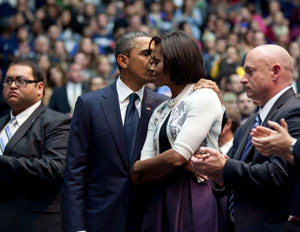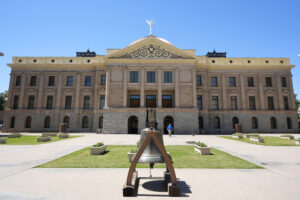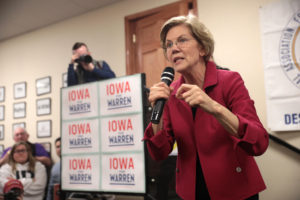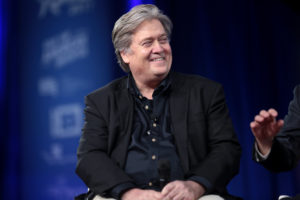Healer in Chief
Listening to Obama's speech brought back memories of Obama the candidate, a mesmerizing orator with the power to summon visions of a better America.
The powerful elegy that President Obama delivered in Tucson was a big step toward his long-held goal of transforming the nation’s choleric and dysfunctional political culture. Subsequent steps will be harder — but no longer seem impossible.
Listening to Obama’s speech brought back memories of Obama the candidate, a mesmerizing orator with the power to summon visions of a better America. He seemed almost to transcend politics.
If you listened to what candidate Obama was saying, he often came back to a central theme: Our political system is mired in trench warfare, along battle lines that were established decades ago. We will only be able to move forward if we get beyond the arbitrary and obsolete divisions that keep us at one another’s throats.
For the first two years of his administration, however, the ideological combat has escalated. Obama’s political adversaries bear some of the responsibility; his allies bear their share as well.
So does the president. While he never stopped preaching his message of getting past the old dichotomies — progressive-conservative, left-right, Democrat-Republican — he also never devised a new template for political discourse. Washington quickly fell back into its old ways.
Wednesday night, in his moving tribute to those slain and injured in the Tucson shooting, the president created for himself another opportunity to bring about the transformation he seeks. It is fitting that the key passage came as Obama, the father of two daughters, was talking about the massacre’s youngest victim: Christina Taylor Green, a 9-year-old who was there because she wanted to meet her congresswoman, Rep. Gabrielle Giffords.
“I want to live up to her expectations,” Obama said, his voice rising like that of a preacher nearing the end of his sermon. “I want our democracy to be as good as Christina imagined it. I want America to be as good as she imagined it.”
He noted that Christina had been featured in a book about 50 children who were born on Sept. 11, 2001. “If there are rain puddles in heaven, Christina is jumping in them today,” Obama said. “And here on this Earth, we place our hands over our hearts, and we commit ourselves as Americans to forging a country that is forever worthy of her gentle, happy spirit.”
That’s a beginning. One thing we can all agree on is that we want to leave a better nation and a better world to our children, but fear we will not. This could be part of a framework that’s oriented not on a left-right axis but a temporal axis — what will be the effect of a certain measure now, and what will be the effect 20 years from now.
Don’t smirk. I realize that every politician always claims to be acting on behalf of future generations — and some actually mean it. But for most of our country’s history, Americans have been able to have confidence that our children will have better lives than our own, pretty much regardless of how we might screw things up. That’s not true anymore.
As I said, the next steps will be hard. There are genuine, legitimate disagreements on a host of issues, and some look almost impossible to reconcile.
The Tucson tragedy presents an example. I believe passionately that the slayings illustrate, once again, the urgent need for sensible gun control laws that get assault weapons out of the stores and off the streets. There are those who believe with equal passion, however, that tough gun control measures would amount to trading away an unacceptable measure of freedom in exchange for more security.
I don’t see it this way at all. But I do recall making a similar freedom-vs.-security argument in opposing some of the anti-terrorism measures that were enacted by the George W. Bush administration. Perhaps acknowledging that we at least share the same thinking process is a beginning, even as we argue our different opinions.
And argue them we must. President Obama’s call for civility in our public discourse should not preclude vigorous debate, often in strong language. But if we can “question each other’s ideas without questioning each other’s love of country,” as Obama asked us to do, we’ll have taken another step along a newly promising road.
Eugene Robinson’s e-mail address is eugenerobinson(at)washpost.com.
© 2011, Washington Post Writers Group
Your support matters…Independent journalism is under threat and overshadowed by heavily funded mainstream media.
You can help level the playing field. Become a member.
Your tax-deductible contribution keeps us digging beneath the headlines to give you thought-provoking, investigative reporting and analysis that unearths what's really happening- without compromise.
Give today to support our courageous, independent journalists.








You need to be a supporter to comment.
There are currently no responses to this article.
Be the first to respond.